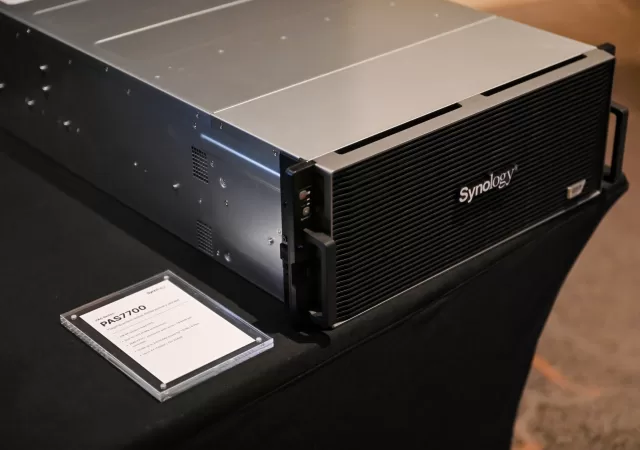Qualcomm Technologies has reached an agreement to acquire Arduino, the premier open-source hardware and software company synonymous with DIY electronics, education, and rapid prototyping. This deal is the culmination of a broader strategy by Qualcomm to build a comprehensive full-stack edge platform, following its recent integrations of Edge Impulse (for AI workflows) and Foundries.io (for operating systems).
Bridging Hobbyists and AI
For Qualcomm, the acquisition is about instantly accessing Arduino’s vast and engaged global developer community of over 33 million active users. This audience, which ranges from students to professional engineers, will now serve as a direct channel for Qualcomm to propagate its advanced edge AI, computer vision, and processing technologies.
The key technical benefit for the developer community is the synergy between Arduino’s signature simplicity and affordability and Qualcomm’s powerful silicon. This combination is expected to enhance developer productivity across industries, lowering the barrier to entry for building sophisticated edge AI applications like smart home solutions and industrial automation systems.
The Debut Product: Arduino UNO Q
The companies don’t stop at announcing the acquisition. They’ve even unveiled their first product together: the Arduino UNO Q. This single-board computer features a “dual brain” architecture, meaning it combines a powerful Linux Debian-capable microprocessor with a real-time microcontroller. This hybrid approach unites high-performance computing—which is necessary for complex AI tasks like image classification—with the precise real-time control required for defining traditional Arduino projects, such as managing motors and sensors. The brain behind the microprocessor is the Qualcomm Dragonwing QRB2210 processor, which runs a full Linux environment, enabling AI-powered vision and sound solutions that can react locally to their environment without needing to rely on a constant cloud connection.

The UNO Q is also the first board to work with the Arduino App Lab, a brand-new integrated development environment (IDE) built to unify the complex development journey across Real-time OS, Linux, Python, and AI workflows. This unification of toolchains streamlines production and accelerates the process of building, fine-tuning, and optimizing AI models. The App Lab integrates seamlessly with platforms like Edge Impulse for model training, enabling developers to build applications for object detection and anomaly monitoring using real-world data.
Commitment to Open Source
Arduino’s core mission stays intact even post-acquisition. Both companies have publicly committed that Arduino will retain its independent brand, tools, and mission. Despite the acquisition by a major chip vendor, Arduino will continue its open approach, maintaining support for a wide range of microcontrollers and microprocessors from multiple semiconductor providers. Qualcomm will operate Arduino as an independent subsidiary. This commitment aims to reassure the open-source community that the platform’s core values—simplicity, affordability, and broad compatibility—will endure, even as it gains access to Qualcomm’s advanced technology stack and global reach.
The transaction is subject to regulatory approval and other customary closing conditions. The financial terms of the deal were not disclosed.





